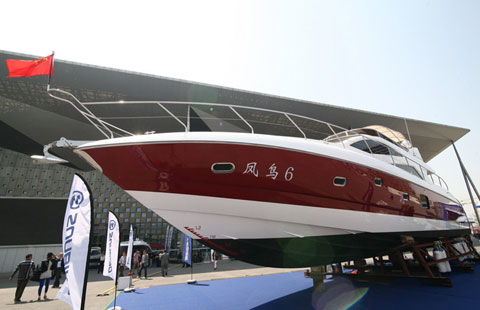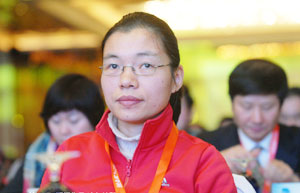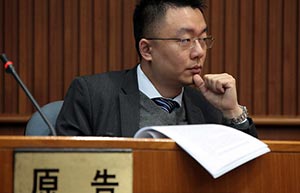Room for growth
By Andrew Moody and Wang Chao (China Daily) Updated: 2014-04-14 07:12
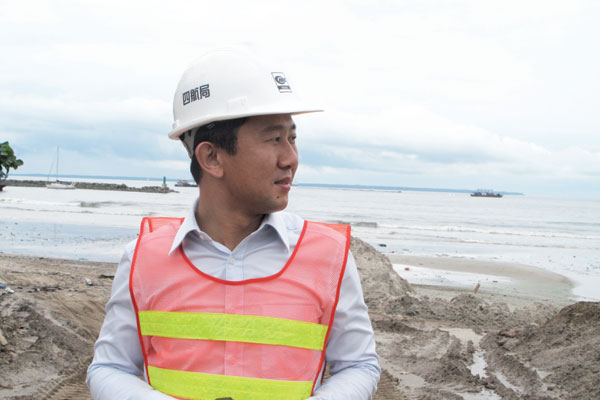 |
|
China Harbor Engineering Co is constructing the first phase of a new waterfront in Libreville. Photos by Wang Chao / China Daily |
|
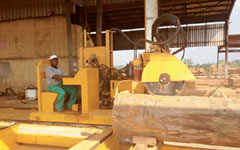 |
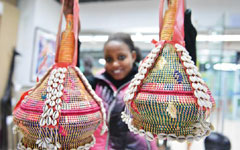 |
It now employs 300 people, 70 percent of them local, either processing its timber or selling its logs to local processors. Some 70 percent of exports now go to Europe with one of its biggest customers being the French railway which uses the wood for sleepers.
Lu Gaochao, general manager of the Libreville-based operations, says restructuring the business was difficult at first because there were few local processors so logs piled up and were left to rot. It set up its own processing business and aims to set up a number of plants deep in the Gabon forest.
Lu says being forced to process may improve the company's performance over the longer term, although its current sales are only a 10th at around 110 million yuan of the 1 billion yuan at the peak when most of its output was exported to China.
"By having our own processing, we can gain revenue from three areas: selling logs, processing and trading," he says.
Amid the luxurious surroundings of the Le Meredien hotel overlooking the ocean, Thomas Ibouanga Simo, general manager of Recad+Impact, a Libreville-based think tank, believes Chinese companies might have experienced some resistance because of the nature of French Equatorial Africa. "All these African countries are very francophone. We have been very close to French people and we talk and think in French. This is our mentality but it is becoming more about our past than our present."
Ibouanga Simo, who attended an African conference at the University of Zhejiang last year, says there should be no misunderstanding about Gabon now being open to Chinese investment. "Many of the major construction contracts in recent years, including the football stadium, the roads and the dams, have gone to Chinese companies. Our mentality is changing. If the Chinese are the best companies, they can win in Gabon."
|
 |
 |


